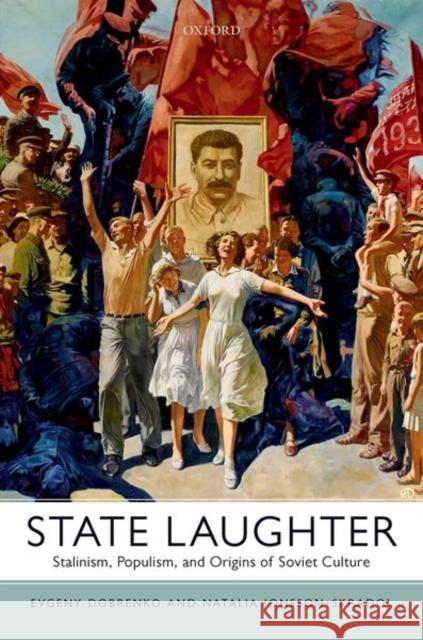State Laughter: Stalinism, Populism, and Origins of Soviet Culture » książka
topmenu
State Laughter: Stalinism, Populism, and Origins of Soviet Culture
ISBN-13: 9780198840411 / Angielski / Twarda / 2022 / 448 str.
Kategorie BISAC:
Wydawca:
Oxford University Press
Język:
Angielski
ISBN-13:
9780198840411
Rok wydania:
2022
Ilość stron:
448
Waga:
0.81 kg
Wymiary:
22.61 x 15.75 x 3.3
Oprawa:
Twarda
Wolumenów:
01











